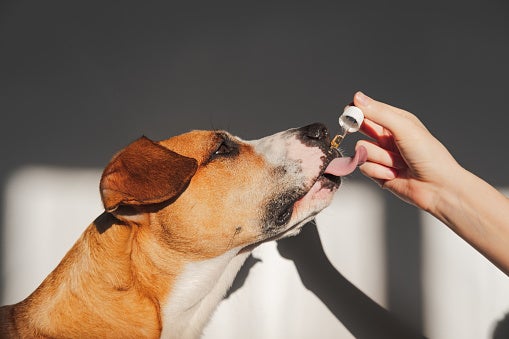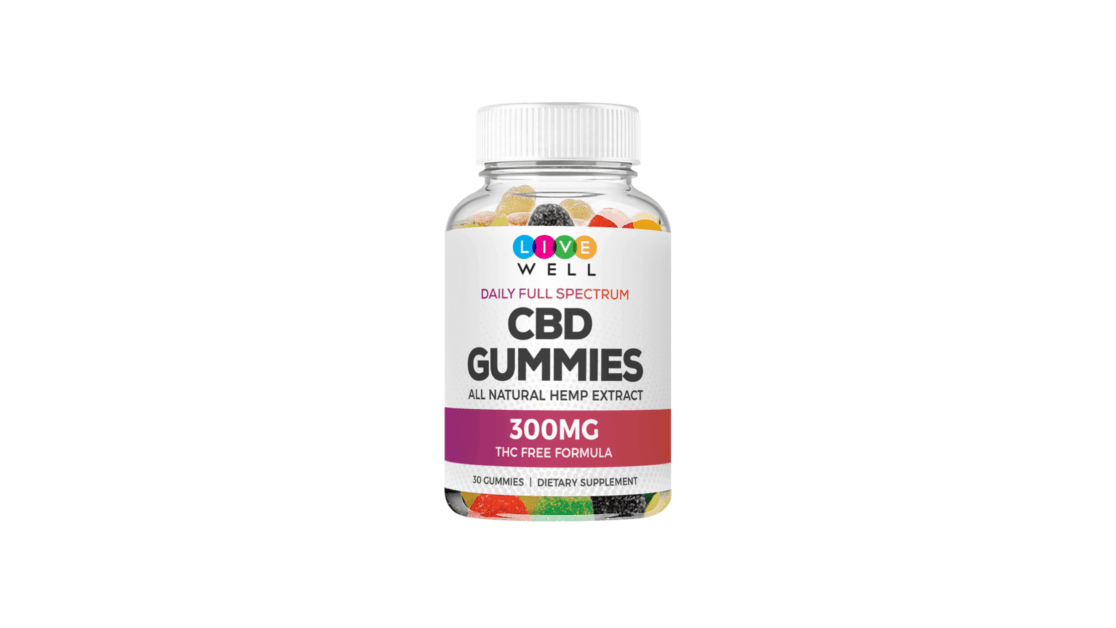
Cannabidiol is a phytochemical in hemp oil that acts as an antiviral and antifungal drug. It inhibits viral replication both in cultured cells as well as in vivo. CBD treatment was shown to significantly reduce viral replication in mice at 5 days after infection.
Cannabidiol
Cannabidiol in hemp oil has been found to have therapeutic properties and is a great alternative to pharmaceutical drugs for pain management. It has over 100 natural compounds that are essential to the health and well-being of the hemp plant. Phytocannabinoid-rich hemp oil is easier to dissolve, homogenize, and emulsify. It contains more than 250 mg of cannabidiol per serving.
A simple HPLC method has been developed to determine how much CBD is in hemp oil products. The method employs isocratic elution using a SOLASTM C18 Column with a delivery rate at 1.5 mL/minutes for mobile phase. After that, an in-house validated test was performed.
Terpenes
Terpenes (or aromatic chemicals) are derived mainly from plants. They are made up of small amounts of isoprene (a 5-carbon building block). Cannabinoids, terpenes, and cannabinoids are often positively correlated. Different terpenes can have different benefits and different properties. Limonene, for example is an effective analgesic. It may also have antifungal properties that can help lower inflammation. It can improve mood and reduce anxiety. Many people find the limonene aroma very appealing.

Terpenes are a group of more than 30,000 compounds, and they are found in many different plants. Myrcene is a common compound in hemp and has a pleasant, herbal smell. Myrcene has analgesic and antibacterial properties. Linalool is another common compound found in hemp. Linalool is a sweet, floral terpene that is frequently used in aromatherapy.
Phenolic compound
Phenolic organic compounds are organic chemicals that are abundant in plants and animals. They possess a unique molecular arrangement that includes at least one hydroxyl group and an aromatic ring. They are very beneficial for animal health and are found in high numbers in plants. They also enhance flavor and color.
Hemp seed oil contains many phenolic compounds including caffeoyl tartaric acids. Flavonoids are also present in hemp seed oil, as well as isorhamnetin (isorhamnetin), quercetin, and kaempferol. The phenolic content of hemp oil depends on several parameters, including the cold-pressing process used to extract the oil.
Antiviral agent
CBD inhibits viral replication and RNA replication via a pathway called FAAH. It is an indirect agonist at the adenosine receivers, and it also inhibits the uptake of adenosine. In addition, it regulates calcium homeostasis in the mitochondria via the sodium-calcium exchanger. CBD has anti-inflammatory as well as anti-nausea effects.
CBD prevents SARS-CoV-2 infections. It does this through inducing genes that regulate and activate the interferon system. The interferon pathway controls the expression of host genes, including cytokines.

Application of skin
The use of hemp oil in cosmetics and skin care is gaining popularity as a natural treatment for a variety of skin problems. The oil's versatility includes a wide range of biologically active substances, including cannabinoids. They interact with the skin's endocannabinoid system to provide therapeutic benefits. In addition to cannabinoids (hemp oil), there are flavonoids carotenoids, phytosterols, terpenes, flavonoids and cannabinoids.
Hemp oil is a topical treatment that can treat many skin problems, including acne. It's also a wonderful addition to any skincare routine because of its moisturizing properties. It can be applied to the face or applied to a dry body part for a softer, smoother appearance.
FAQ
Where can I get CBD products?
You can purchase CBD online or at local retail stores. Online retailers are more likely to offer you better deals. Many websites sell CBD products made with industrial hemp. The THC content is less than 0.3%.
Look for local businesses that sell CBD products.
Many states now have laws allowing consumers to buy CBD products without a prescription. You may be able buy CBD products from your local pharmacy if you are a resident of one of these states.
CBD products may be delivered right to your doorstep.
How can CBD products be successfully promoted by companies in a regulatory-compliant way?
The FDA does NOT regulate hemp as an agriculture commodity. However, the agency regulates all other cannabis derivatives (e.g., marijuana) under the Controlled Substances Act. CBD has yet to be subject to specific regulations.
CBD is legal in 29 states. However, federal law still considers CBD illegal. This creates uncertainty for businesses looking to sell CBD products.
The FDA also maintains strict guidelines on how CBD products may be marketed. The FDA requires that all CBD products clearly disclose their THC content. Without supporting scientific evidence, CBD cannot be claimed to treat certain medical conditions.
Further, the FDA requires that manufacturers provide information on manufacturing practices and quality controls. To demonstrate safety and efficacy, the FDA requires companies to perform clinical trials.
These are important considerations for companies when creating their marketing strategies.
How big is the global CBD market?
According to Euromonitor International, the global CBD market was worth $US 3.5 Billion in 2015. This is an increase of more than 10% compared to 2014.
The report predicts that this figure will grow by 12% annually to $US6.4 billion in 2020.
CBD products are predicted to account for half of all the hemp-derived products globally by 2020.
This includes CBD oils as well as other CBD products, such food, beverages and cosmetics.
Statistics
- however, one study also found that these effects were virtually abolished when the original media (a nutrient broth agar) was replaced with one containing 5% blood (increasing the minimum concentration to ~160 μM CBD) [179]. (ncbi.nlm.nih.gov)
- A recent study [161] also found that in vitro CBD treatment (i.e., ≤ 2 h exposure to 10 μM) induced ~40% vasorelaxation in isolated (pre-constricted) (ncbi.nlm.nih.gov)
- HR −16 mmHg; 95% CI −26, −6; I2 = 92%) (ncbi.nlm.nih.gov)
- CBD seems unlikely to directly influence sleep in healthy humans [115] (and maybe “sleep-promoting” in those with certain comorbid conditions) (ncbi.nlm.nih.gov)
- While the primary injury may not be treatable, interventions that attenuate secondary sequelae are likely to be of benefit [203].Only one study (ncbi.nlm.nih.gov)
External Links
How To
What are the most common problems in the CBD industry?
The market for CBD products continues to grow at an amazing rate. Businesses looking to get into this market face many obstacles. These include lack of consumer awareness and high costs of entry, limited capital access, and regulatory uncertainty.
Many consumers aren't aware of the benefits and limitations of CBD. This means they are not able to make informed choices about whether or no to purchase CBD products.
Most CBD companies rely heavily upon word-of mouth marketing. This is expensive as they must pay advertising costs and to hire staff to market their brand.
High production costs are another problem facing new entrants in the CBD industry. It is very expensive to obtain the raw materials required for CBD products. To make CBD oil, hemp must be grown in certain climates and soil types.
Grow enough hemp to produce CBD oil requires approximately $1,000 per annum. This means that many small farmers cannot afford the cost of starting.
Access to capital is another challenge for new entrants in the CBD market. Because of the stigma associated with this industry, many people are discouraged from opening a business.
Last but not least, there is regulatory uncertainty regarding the sale and distribution of CBD products. There are no established guidelines regarding the marketing of CBD products.
Despite some states having passed laws restricting the sale CBD products, this is not yet a national policy.
Only two states, Nevada and Maine, have yet to legalize recreational marijuana.
Massachusetts and Michigan, however, are exploring similar options.
These changes could result in increased competition between CBD manufacturer.
These factors are why many entrepreneurs prefer to work from home than open a physical store.